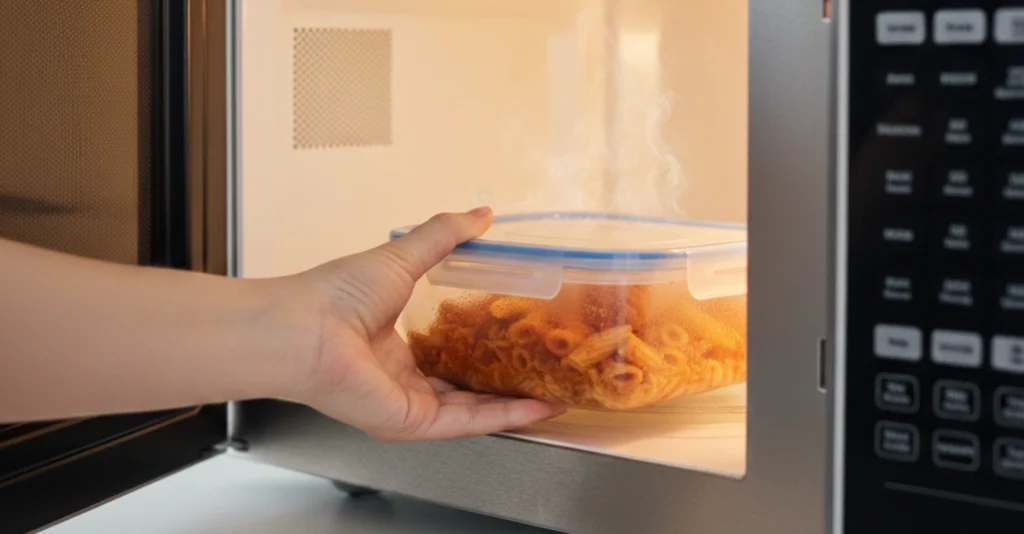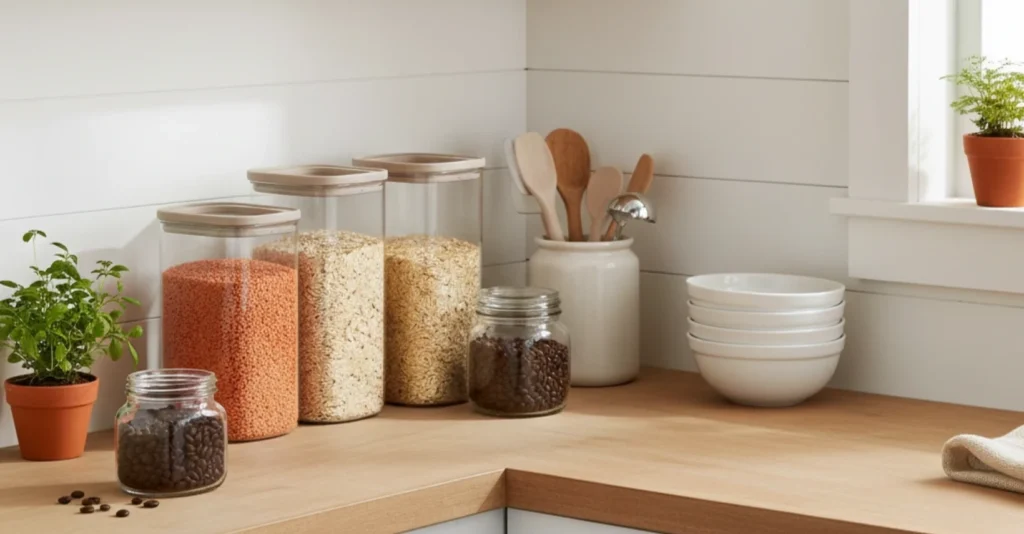Introduction to Glass and Plastic Bottles
When considering packaging options for beverages, the choice between glass and plastic bottles often sparks debate. Both materials have their unique advantages, but glass bottles stand out for several reasons, particularly regarding environmental impact, health considerations, and overall quality.
Definition and Composition of Glass Bottles
Glass bottles are made from silica sand, soda ash, and limestone, heated to high temperatures until they fuse into a solid, transparent form. This natural composition ensures that glass is non-reactive, making it a safe choice for storing food and beverages.
Definition and Composition of Plastic Bottles
Plastic bottles, typically made from polyethylene terephthalate (PET) or high-density polyethylene (HDPE), are created through a chemical process that results in a lightweight, flexible material. While convenient, plastics can pose various issues related to safety and environmental impact.
Environmental Impact
Recyclability of Glass Bottles
One of the primary advantages of glass bottles is their recyclability. Glass can be recycled indefinitely without loss of quality. This closed-loop recycling process significantly reduces waste and conserves resources.
Recyclability of Plastic Bottles
Plastic bottles are recyclable, but the process is less efficient. Many plastics can only be recycled a limited number of times before they degrade, contributing to a growing landfill crisis.
Energy Consumption in Recycling Processes
Recycling glass requires more energy than plastic, but it can be reused multiple times. In contrast, the recycling process for plastics often involves downcycling, where the quality of the material diminishes, necessitating the production of new plastic.
Health Considerations
Chemical Leaching from Plastic
A significant concern with plastic bottles is chemical leaching. Substances like BPA can migrate into the contents, potentially affecting health. In contrast, glass is inert and does not leach chemicals, making it a safer choice for consumers.
Safety of Glass Bottles
Although glass can break, it is generally regarded as a safer option for food and beverages due to its non-reactive nature. Many consumers prefer glass for its purity and the assurance that no harmful chemicals will contaminate their drinks.
Durability and Longevity
Impact Resistance of Glass vs. Plastic
While glass is more fragile than plastic, advancements in manufacturing have led to more durable glass options. Plastic bottles can withstand impacts better but may not provide the same level of protection against external contaminants.
Shelf Life of Beverages in Glass vs. Plastic
Glass bottles offer a longer shelf life for beverages. They prevent oxygen and light from degrading the contents, ensuring that the taste and quality remain intact longer than in plastic containers.
Aesthetic and Practical Advantages
Perception and Branding
Glass bottles are often perceived as more premium than plastic. This perception can enhance brand image and consumer loyalty, making them a favored choice among high-end brands.
Taste Preservation
Many consumers believe that beverages stored in glass taste better. This is because glass does not impart any flavors or odors, unlike some plastics that can affect the beverage’s taste.
Cost Considerations
Initial Costs vs. Long-Term Value
While glass bottles may have a higher initial cost than plastic, their durability and recyclability can lead to lower costs in the long term. The investment in glass can pay off through enhanced brand reputation and consumer preference.
Conclusion
Choosing between glass and plastic bottles involves considering various factors, including environmental impact, health safety, durability, and consumer perception. Glass bottles emerge as a superior choice in many aspects, making them not only better for the planet but also for health and quality.
FAQs
1. Are glass bottles heavier than plastic?
Yes, glass bottles are generally heavier than plastic, which can affect shipping and handling.
2. Can glass bottles break easily?
While glass can break, advances in manufacturing have made it more durable. Proper handling can mitigate breakage risks.
3. How does recycling glass benefit the environment?
Recycling glass conserves resources and reduces energy consumption, as it can be recycled indefinitely without quality loss.
4. Are glass bottles more expensive?
Glass bottles typically have a higher upfront cost, but their long-term benefits can offset this expense.
5. Can glass bottles be reused?
Yes, glass bottles can be cleaned and reused multiple times, making them a sustainable choice.
6. What are the benefits of using glass for beverages?
Glass bottles are non-reactive, preserve taste, and enhance brand image, making them a preferred choice for many beverages.




